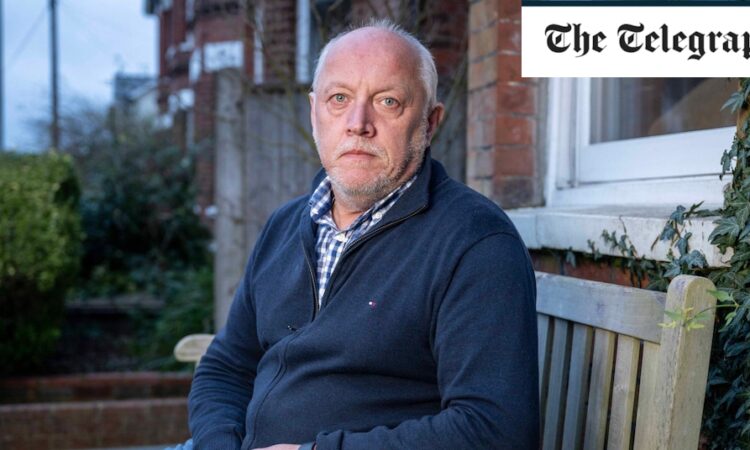
David Barnes, from Kent, owns a five-bedroom holiday let in Porthcothan Bay, Cornwall. He renovated the property in 2017, taking out a £500,000 mortgage to do so.
When interest rates soared in the wake of the mini-Budget, Mr Barnes’s monthly payments jumped from £675 to £2,200 a month. But this is currently covered by the tax allowance.
Should Mr Hunt remove the furnished holiday let tax break, it would inflict a “double whammy” on Mr Barnes’s business, he said.
Mr Barnes, 57, estimates he will pay 40pc tax on £10,000 of his mortgage repayments and 20pc on the remainder – a total of £7,280 a year.
“The house sleeps 10 – that’s 440 people a year using local cafes, pubs and restaurants,” he said. “If worst comes to worst and I sell, which is likely because those costs would make it unviable.”
Rental yield from the holiday let is the sole income for Mr Barnses’ wife, and also provides work for local laundrettes and gardeners, he said. If he sells the property, Mr Barnes expects it will be snapped by a wealthy buyer as a second home and not a local.
He said: “Jeremy Hunt wants to make an example of holiday let businesses to generate a headline – to show he’s doing something about the scourge of second home owners.
“I am a Tory voter, but this will definitely make me not vote Tory – I imagine Labour would do something similar anyway – so I’ll probably vote Reform because they support business-friendly policies.”
However, they are not the only ones concerned by the plans and the adverse impact it may have on local economies.
